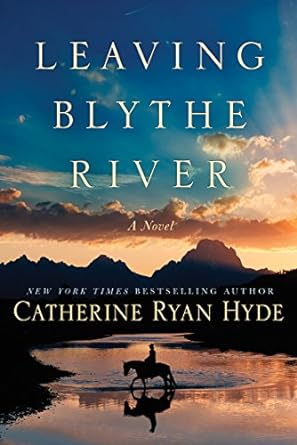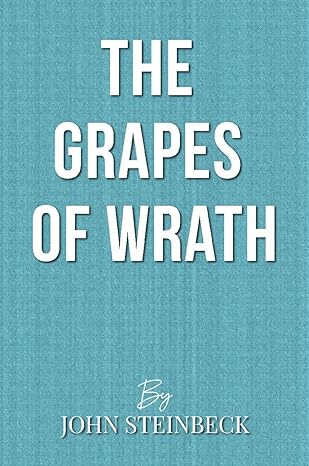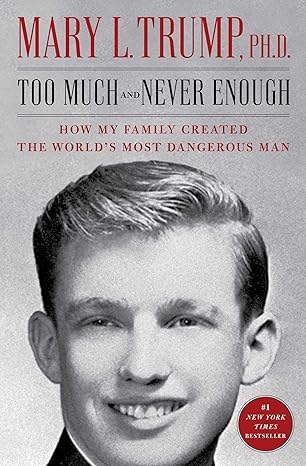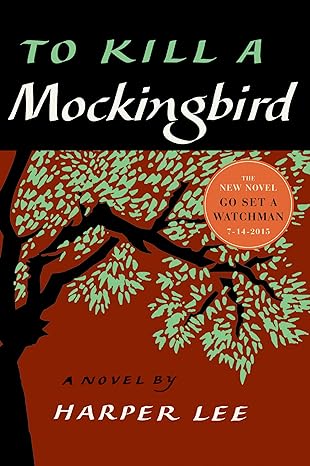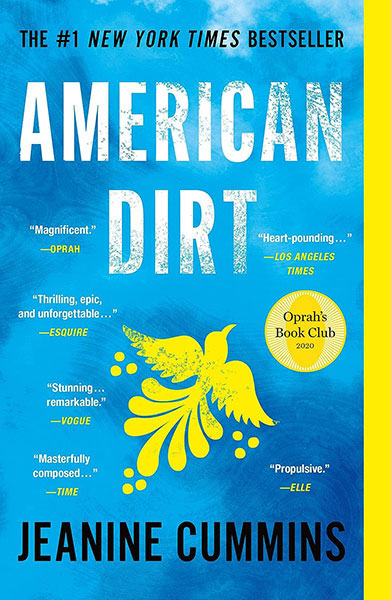
100 Books You Must Read Before You Die volume 1
This 1st volume of contains the following 50 works, arranged alphabetically by authors' last names:
Alcott, Louisa May: Little Women
Austen, Jane: Pride and Prejudice
Austen, Jane: Emma
Balzac, Honoré de: Father Goriot
Barbusse, Henri: The Inferno
Brontë, Anne: The Tenant of Wildfell Hall
Brontë, Charlotte: Jane Eyre
Brontë, Emily: Wuthering Heights
Burroughs, Edgar Rice: Tarzan of the Apes
Butler, Samuel: The Way of All Flesh
Carroll, Lewis: Alice's Adventures in Wonderland
Cather, Willa: My Ántonia
Cervantes, Miguel de: Don Quixote
Chopin, Kate: The Awakening
BEST DEALS
About the Author
Fyodor Mikhailovich Dostoyevsky (/ˌdɒstəˈjɛfski, ˌdʌs-/; Russian: Фёдор Миха́йлович Достое́вский; IPA: [ˈfʲɵdər mʲɪˈxajləvʲɪtɕ dəstɐˈjɛfskʲɪj]; 11 November 1821 – 9 February 1881), sometimes transliterated Dostoevsky, was a Russian novelist, short story writer, essayist, journalist and philosopher. Dostoyevsky's literary works explore human psychology in the troubled political, social, and spiritual atmosphere of 19th-century Russia. Many of his works are marked by a preoccupation with Christianity, explored through the prism of the individual confronted with life's hardships and beauty.
He began writing in his 20s, and his first novel, Poor Folk, was published in 1846 when he was 25. His major works include Crime and Punishment (1866), The Idiot (1869), Demons (1872) and The Brothers Karamazov (1880). His output consists of 11 novels, three novellas, 17 short novels and numerous other works. Many literary critics rate him as one of the greatest psychologists in world literature. His 1864 novella Notes from Underground is considered to be one of the first works of existentialist literature.
Born in Moscow in 1821, Dostoyevsky was introduced to literature at an early age through fairy tales and legends, and through books by Russian and foreign authors. His mother died in 1837, when he was 15, and around the same time he left school to enter the Nikolayev Military Engineering Institute. After graduating, he worked as an engineer and briefly enjoyed a lavish lifestyle, translating books to earn extra money. In the mid-1840s he wrote his first novel, Poor Folk, which gained him entry into St. Petersburg's literary circles.





